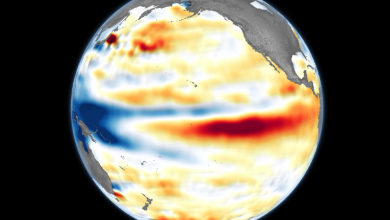COP28 Dubai: EMDCs Facing Setbacks In Every Aspect Of Low-Carbon Transition

A new report released at the 28th Conference on Parties (COP28) to the UN Framework Convention on Climate Change has highlighted the pressing need for climate finance for Emerging Markets and Developing Countries (EMDCs) to quadruple by 2030.
The findings by the Independent High-Level Expert Group on Climate Finance stated that bilateral climate finance from developed donor nations should increase to $60 million by 2025 and $90 million by the end of the decade from the 2020 levels.
EMDCs In Need Of $2.4 Trillion For Climate Mitigation
In an effort to meet climate mitigation goals, climate finance for EMDCs from private sources should increase by more than 15 times on current levels, according to the report commissioned by the COP27 and COP28 Presidencies and the UN High-Level Climate Champions.
This marks the second installment of the report. In its first report released in Egypt, the Independent High-Level Expert Group on Climate Finance concluded that EMDCs, excluding China, need an annual investment of $2.4 trillion for loss and damage and other measures.
At COP15, developed countries had committed to jointly provide developing countries with $100 billion per year starting 2020 through 2025. As per a new OECD report, the total climate finance mobilised by developing countries in 2021 was $89.6 billion.
The report asking for enhanced focus on EMDCs has raised concerns over developing countries facing setbacks and obstacles in every critical aspect of the low-carbon transition, despite increasing global efforts to tackle climate change, even though more slowly than necessary.
Renewable Energy, Debt Trap and Climate Vulnerability
Authors of the report called for a massive increase in funding for renewable energy as it remains the key to a just energy transition, and also drew attention to the insufficient funding for the adaptation needs of developing countries.
Read More: COP28 Presidency Unites Global Community On Loss And Damage. GST Next.
The authors urged countries, multilateral development banks, donors and the private sector to provide strong and committed engagement. At the same time, they stressed the need to break the vicious cycle between debt and climate vulnerability faced by developing nations.



